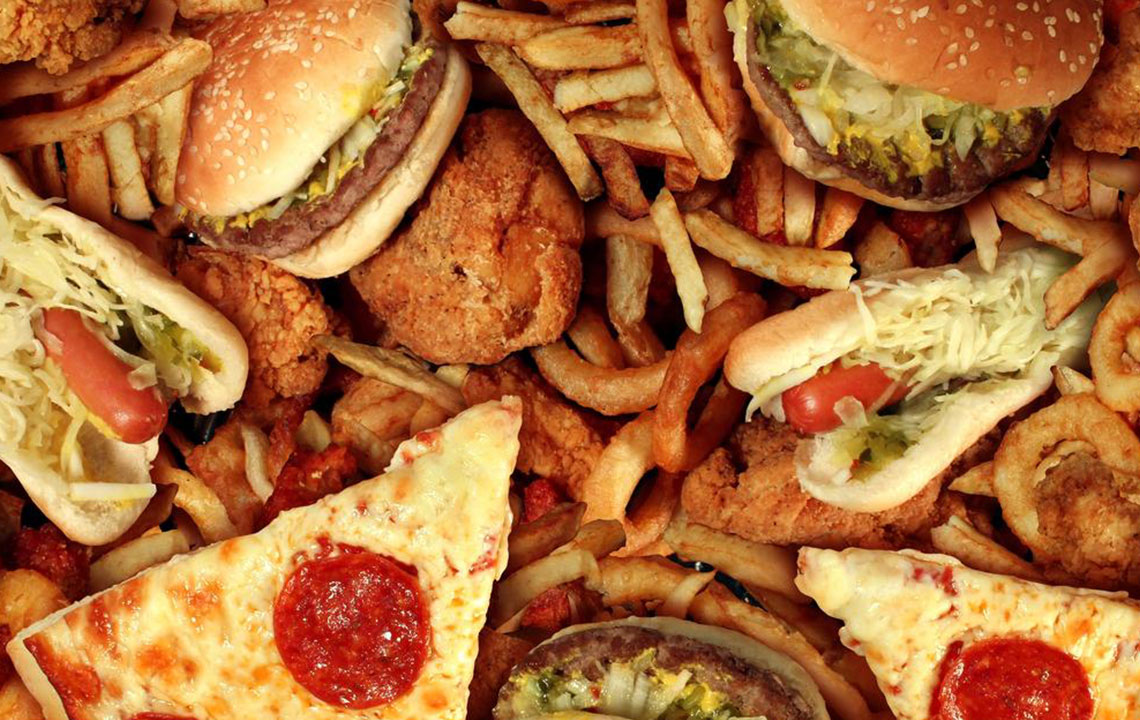Managing Acid Reflux: Foods to Include and Avoid
This comprehensive guide details dietary and lifestyle adjustments to manage acid reflux effectively. It highlights foods to consume, avoid, and practical tips to reduce symptoms without medication, including eating habits, weight management, and avoiding trigger foods, aiming to improve comfort and health for GERD sufferers.
Sponsored

Guidelines for Diet and Lifestyle to Alleviate Acid Reflux
Diet Recommendations for Acid Reflux Management
Acid reflux causes a burning sensation in the chest, commonly known as heartburn. If you're seeking effective ways to manage this condition, understanding the right foods to consume and avoid is essential. This article discusses what acid reflux is, its causes, and dietary tips to control symptoms and improve quality of life.
What is Acid Reflux?
The lower esophageal sphincter (LES) is a muscle ring at the stomach entrance.
Normally, the LES closes after food passes into the stomach.
If it malfunctions or opens frequently, stomach acid leaks into the esophagus.
This leads to heartburn or acid reflux episodes.
Occasional reflux isn’t usually a concern; frequent symptoms suggest gastroesophageal reflux disease (GERD), requiring dietary adjustments.
Factors Contributing to Acid Reflux
Stomach issues: Conditions like hiatal hernia can cause acid to escape into the esophagus, resulting in heartburn.
Asthma: Respiratory episodes and medications can increase reflux risk during asthma attacks.
Large meals: Overeating strains the stomach and worsens reflux, especially in those with existing sensitivities.
Thus, it’s advisable to avoid heavy meals and follow an acid reflux-friendly diet.
Pregnancy: Hormonal changes often cause heartburn in expectant women, typically subsiding postpartum.
Weight gain: Excess weight exerts pressure on the stomach, promoting reflux.
Trigger foods and drinks: Citrus, vinegar, garlic, spicy items, alcohol, and caffeine aggravate symptoms and should be limited.
Smoking: It lowers bicarbonate levels in saliva, weakens the LES, and hampers digestion, increasing reflux risk.
Lifestyle factors: Sedentary habits, poor diet, and smoking can exacerbate symptoms. Making positive lifestyle changes can help reduce reflux episodes.
Non-Medication Strategies for Relief
Eat smaller, more frequent meals: Full stomachs are a common trigger; smaller meals lessen reflux chances.
Stay upright after meals: Avoid lying down immediately after eating; wait at least three hours and elevate the head of your bed to prevent acid escape.
Avoid known triggers: Steer clear of foods and beverages that cause symptoms.
Incorporate soothing foods: Foods like bananas, oats, lean proteins, and vegetables can alleviate reflux.
Maintain a healthy weight: Weight reduction can significantly decrease reflux frequency.
Quit smoking: Eliminating tobacco use provides substantial symptom relief.
Dietary Choices to Manage Acid Reflux
Vegetables
Non-citrus fruits
Ginger
Oatmeal
Lean meats
Egg whites
Bananas
Melon
Seafood
Foods to Avoid
High-fat foods
Tomatoes and citrus
Coffee and caffeinated drinks
Chocolate and mint
Carbonated beverages
Alcohol
Spicy dishes
Garlic and onions
Peppermint






